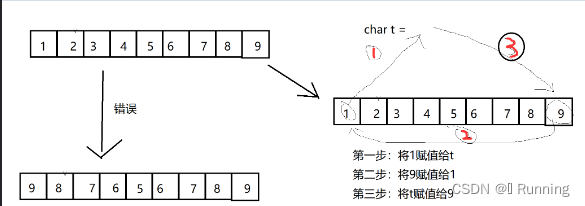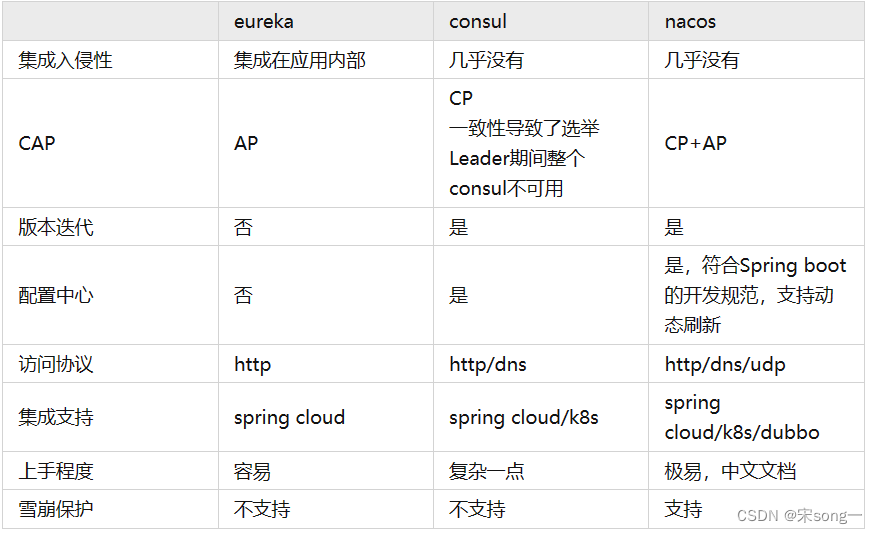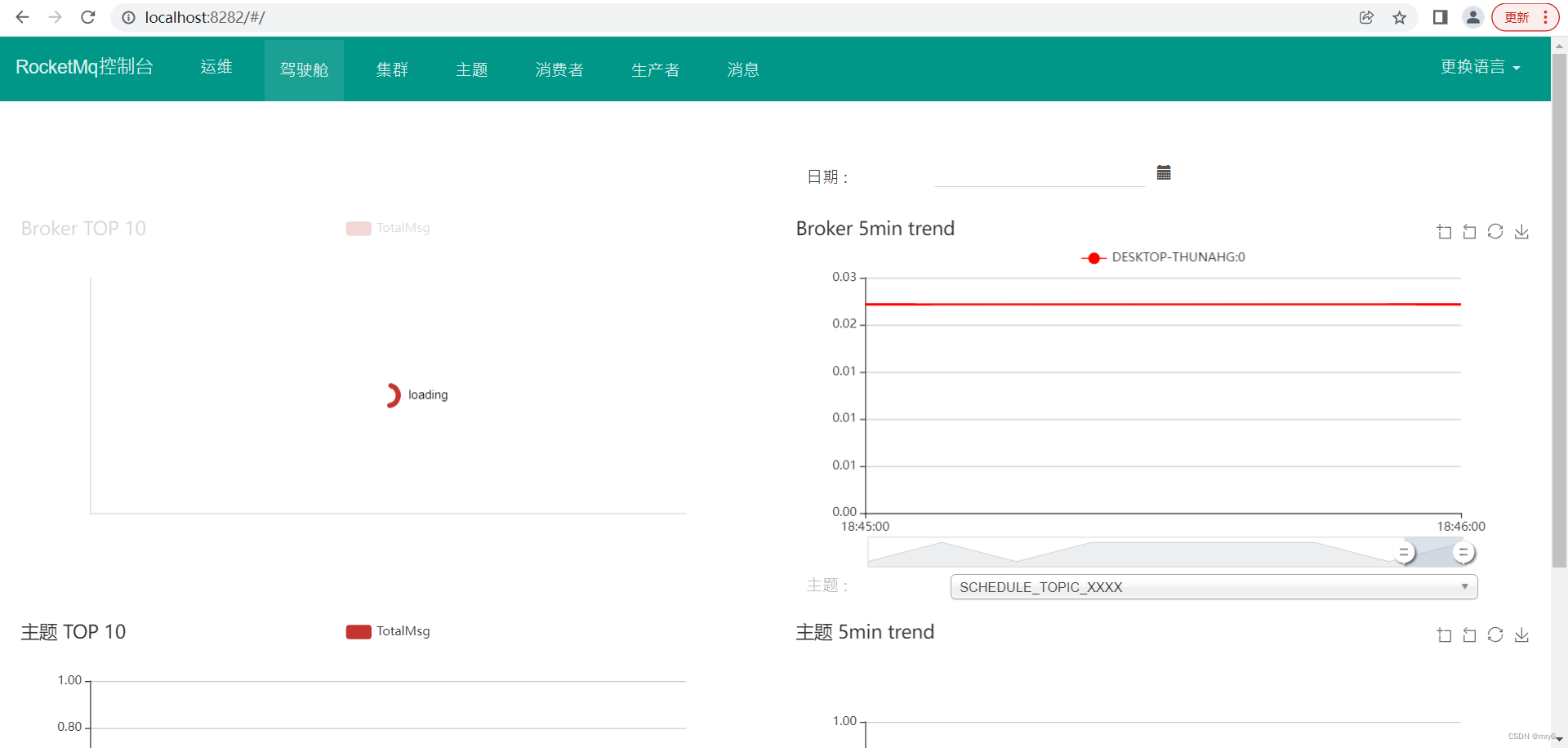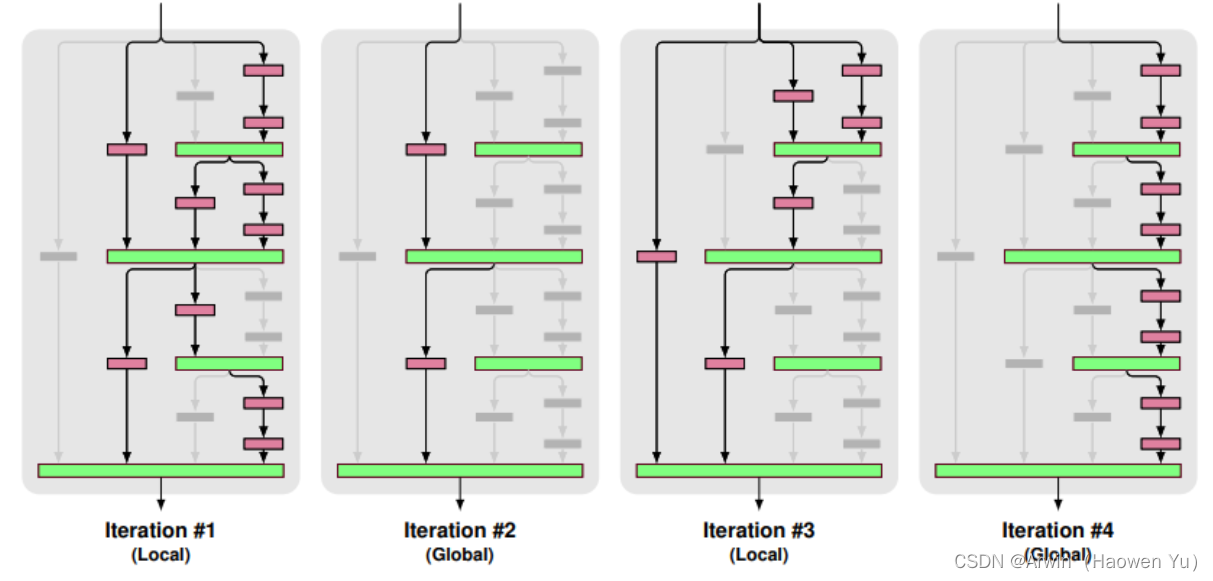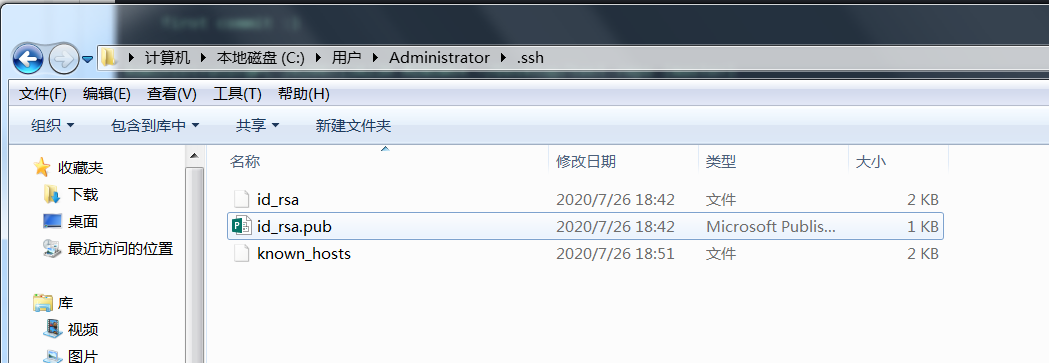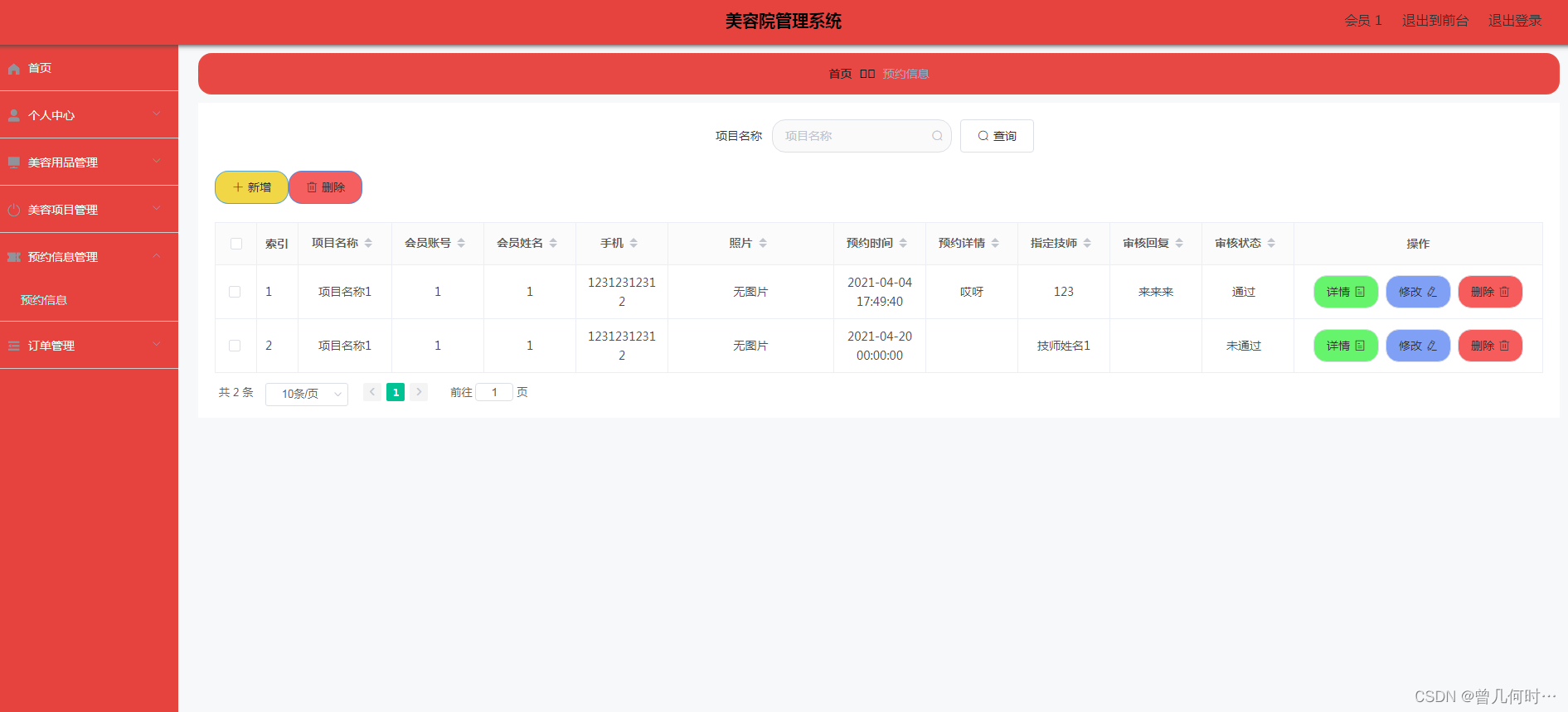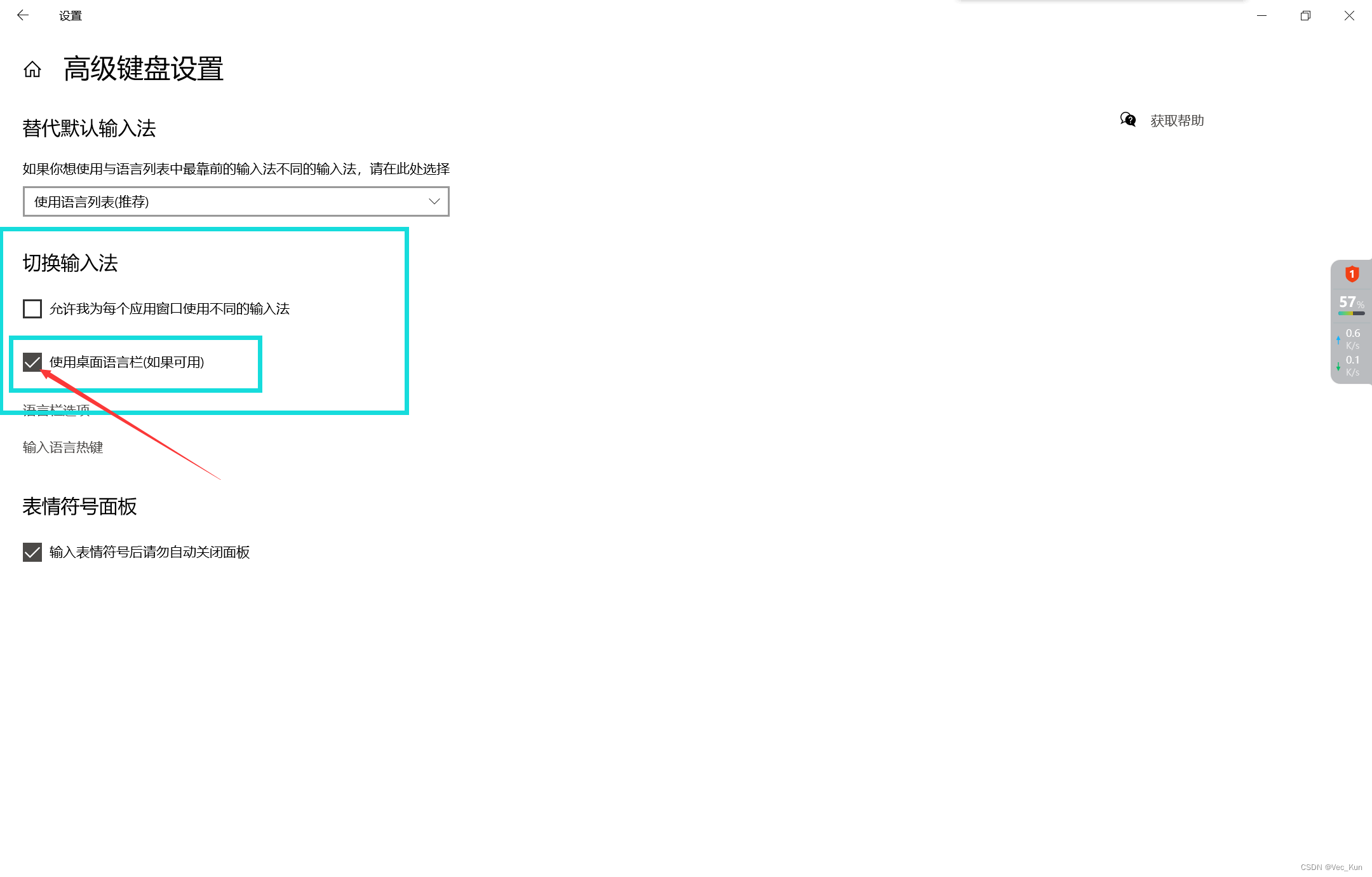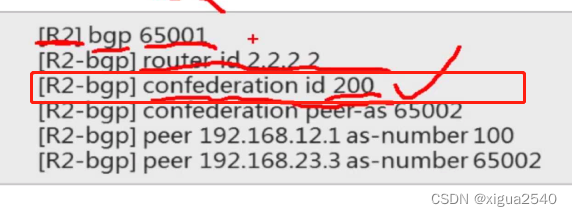OpenSoundControl一种网络通讯协议,想了解详情的自行打开网站。
liblo 是最知名的OSC库, 功能完整,用 C 和 LGPL 许可编写。
下载请前往GitHub库。
解压后安装过程如下,需要用到CMake:
1.选择源代码文件和构建工程的文件。
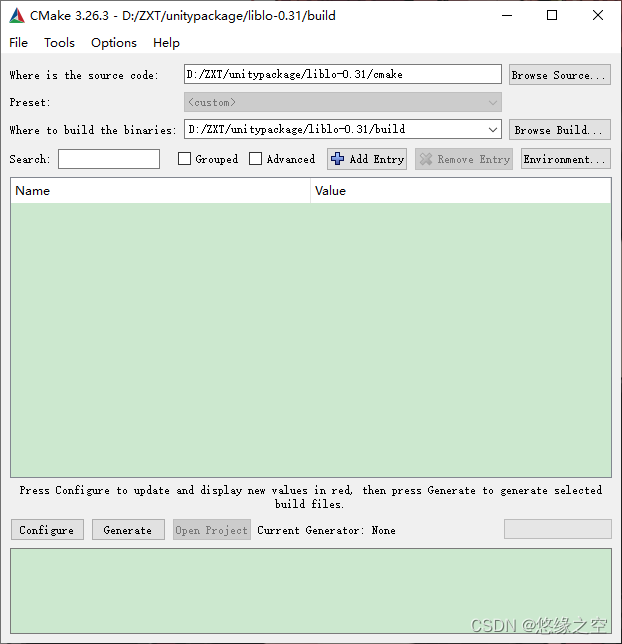
2.点击Configure,选择自己的编译器:
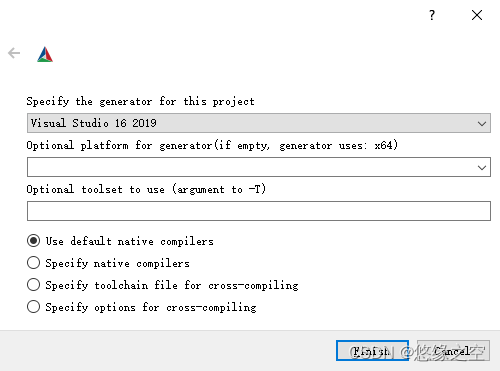
3.等待Configure结束:
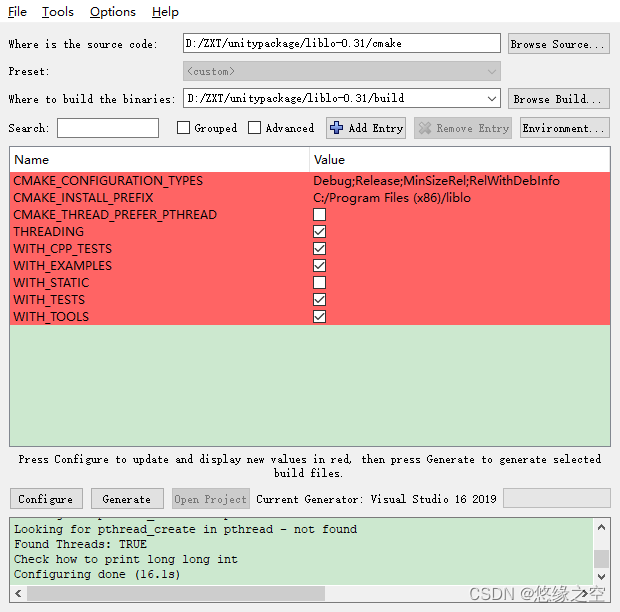
4.再次点击Cnfigure:
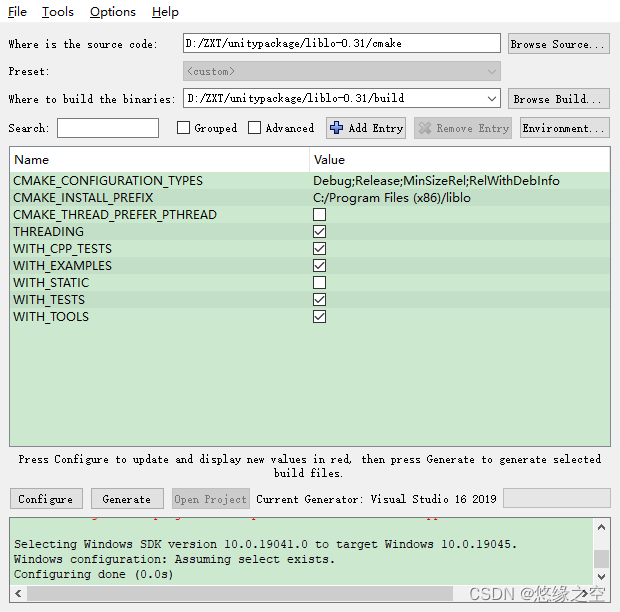
5.点击Generate,生成项目工程:
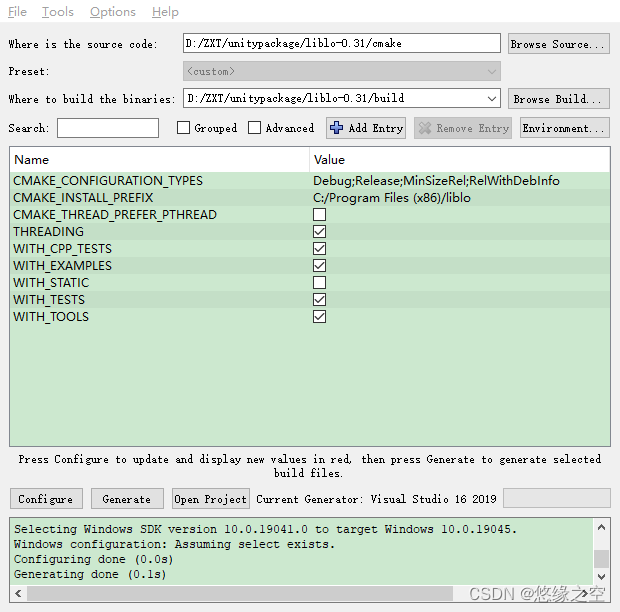
6.用刚才选择的编译器打开工程:

7.生成->批生成->勾选ALLBUILD和INSTALL:
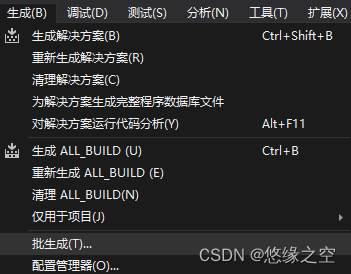
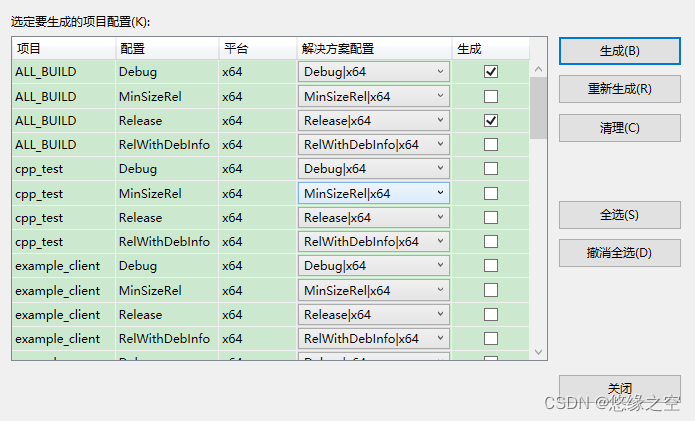
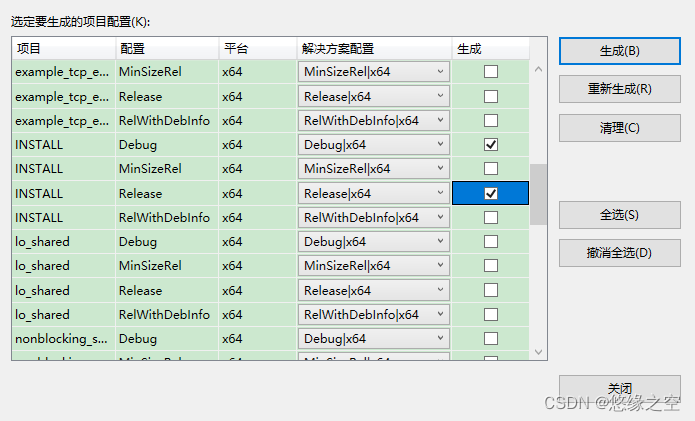
8.添加环境变量:

9.建立一个C++工程,修改属性表(Debug和Release用一样的属性表):
分别添加:
VC++目录->包含目录:C:\Program Files (x86)\liblo\include;C:\Program Files (x86)\liblo\include\lo
VC++目录->引用目录:C:\Program Files (x86)\liblo\lib
链接器->输入->附加依赖项:liblo.lib
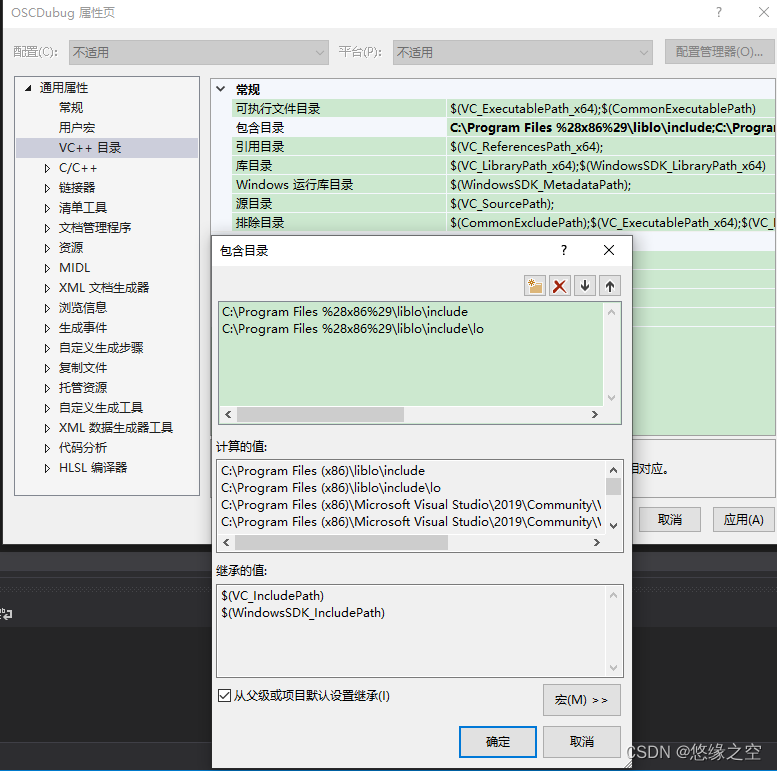
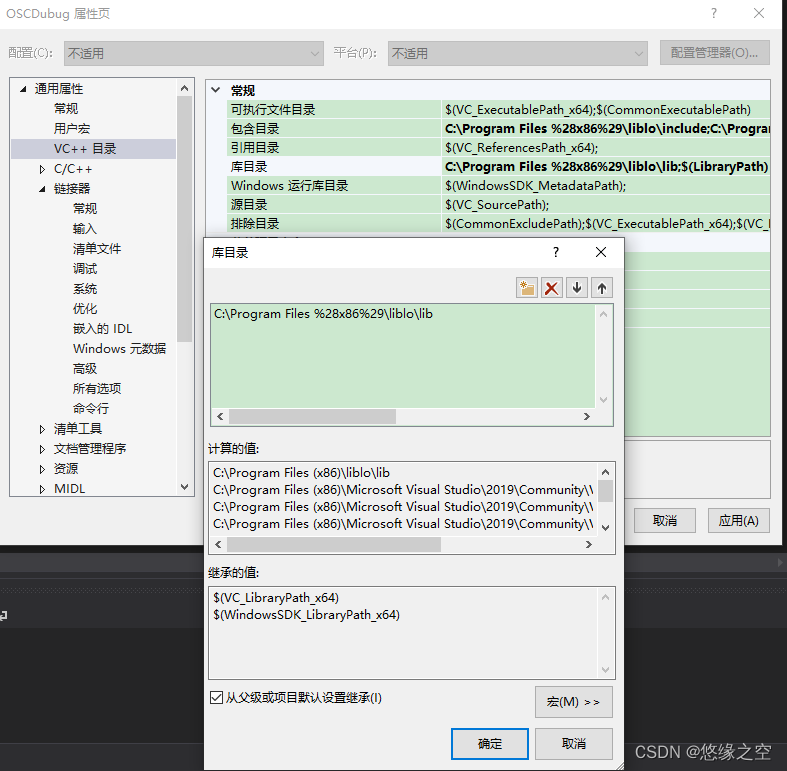
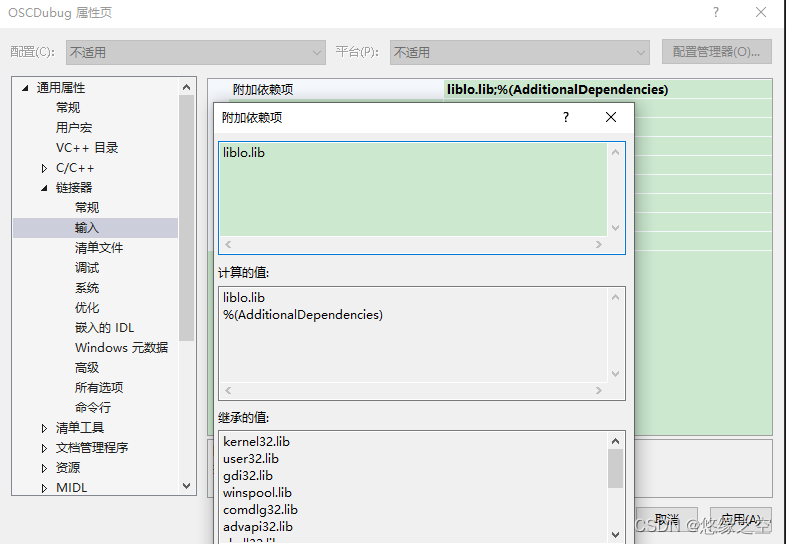
10.使用如下代码测试:
#include <iostream>
#include <atomic>
#include <lo/lo.h>
#include <lo/lo_cpp.h>
int main()
{
/*
* Create a server on a background thread. Note, all message
* handlers will run on the background thread!
*/
lo::ServerThread st(9000);
if (!st.is_valid()) {
std::cout << "Nope." << std::endl;
return 1;
}
/* Set some lambdas to be called when the thread starts and
* ends. Here we demonstrate capturing a reference to the server
* thread. */
st.set_callbacks([&st](){printf("Thread init: %p.\n",&st);},
[](){printf("Thread cleanup.\n");});
std::cout << "URL: " << st.url() << std::endl;
/*
* Counter for number of messages received -- we use an atomic
* because it will be updated in a background thread.
*/
std::atomic<int> received(0);
/*
* Add a method handler for "/example,i" using a C++11 lambda to
* keep it succinct. We capture a reference to the `received'
* count and modify it atomatically.
*
* You can also pass in a normal function, or a callable function
* object.
*
* Note: If the lambda doesn't specify a return value, the default
* is `return 0', meaning "this message has been handled,
* don't continue calling the method chain." If this is not
* the desired behaviour, add `return 1' to your method
* handlers.
*/
st.add_method("example", "i",
[&received](lo_arg **argv, int)
{std::cout << "example (" << (++received) << "): "
<< argv[0]->i << std::endl;});
/*
* Start the server.
*/
st.start();
/*
* Send some messages to the server we just created on localhost.
*/
lo::Address a("localhost", "9000");
/*
* An individual message
*/
a.send("example", "i", 7890987);
/*
* Initalizer lists and message constructors are supported, so
* that bundles can be created easily:
*/
a.send(lo::Bundle({{"example", lo::Message("i", 1234321)},
{"example", lo::Message("i", 4321234)}}));
/*
* Polymorphic overloads on lo::Message::add() mean you don't need
* to specify the type explicitly. This is intended to be useful
* for templates.
*/
lo::Message m;
m.add(7654321);
a.send("example", m);
/*
* Wait for messages to be received and processed.
*/
int tries = 200;
while (received < 4 && --tries > 0) {
#ifdef WIN32
Sleep(10);
#else
usleep(10*1000);
#endif
}
if (tries <= 0) {
std::cout << "Error, waited too long for messages." << std::endl;
return 1;
}
/*
* Resources are freed automatically, RAII-style, including
* closing the background server.
*/
std::cout << "Success!" << std::endl;
}
运行结果如下:
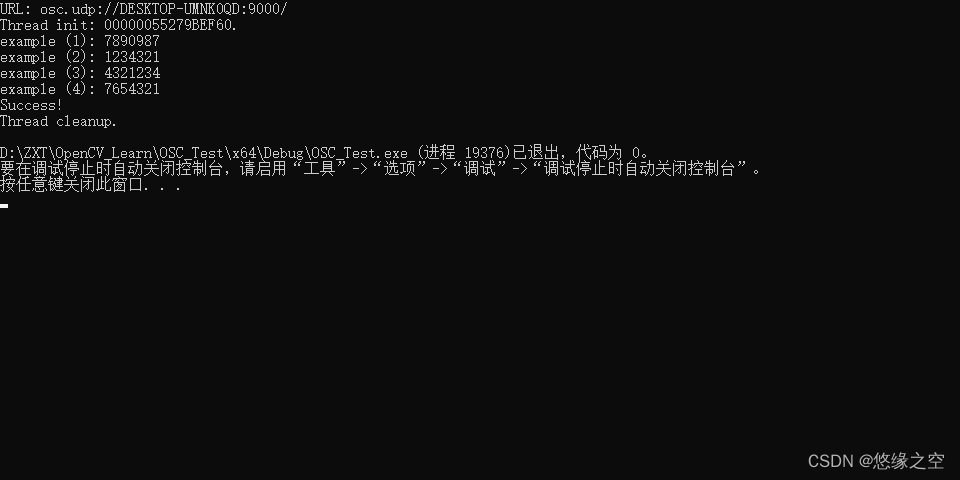
注:
Release模式下,下面这行代码会报错,原因未知,注释掉即可:
std::cout << "URL: " << st.url() << std::endl;




